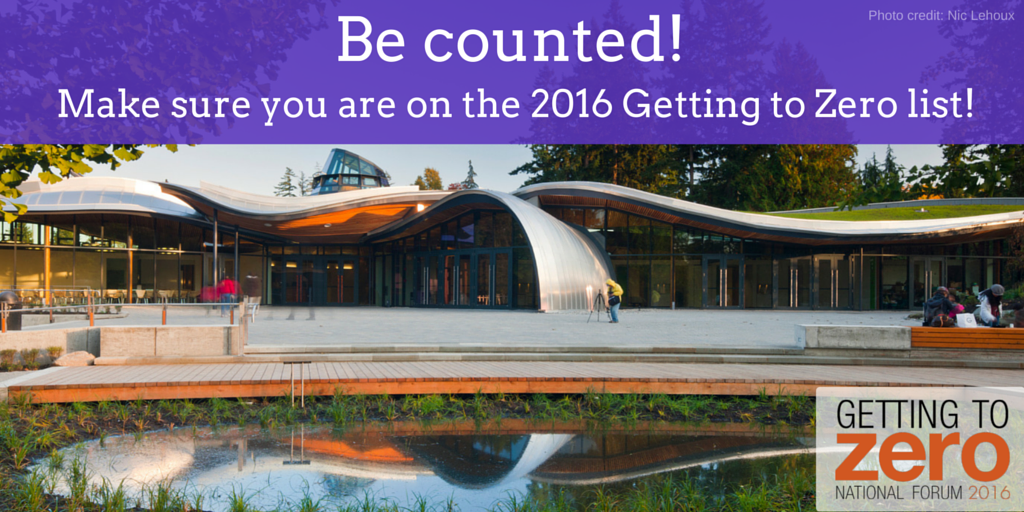High performance commercial Projects to be showcased at Getting to Zero Forum
Wanted: North America’s most advanced commercial buildings! New Buildings Institute (NBI) is initiating its annual review of advanced energy efficiency commercial projects including zero energy, emerging and ultra-low energy projects. Designers, engineers, architects, building owners and operators are invited to enter their commercial projects through NBI’s Building Registry, adding to the growing momentum for zero energy buildings and buildings that demonstrate superior energy efficiency. Is your building being counted?
These buildings, once vetted, will be categorized and published in a list spotlighting zero energy and ultra-low energy buildings to be released at the Getting to Zero National Forum, October 12-14. Leading builders and designers will be rewarded with honors at the gathering.
The increasing number of zero energy buildings signals the latest trend in green building. “Across every region, ultra-efficient and zero energy buildings are increasingly in demand, as a solution to climate change,” said NBI CEO Ralph DiNola. “Smart designers and developers understand the growing momentum reflected in the expanded number of buildings, which reflects a continued upward market trend.”
A zero energy building (ZEB) produces as much energy as it consumes over the course of a year, achieved through a combination of energy efficiency and renewable energy. Because buildings account for about 40 percent of carbon emissions in the U.S. (and even more in some cities), ZEBs are a tangible solution to address climate change and are being tapped by many cities and states as a means to meet energy and carbon mitigation goals.
The registry features more than 339 zero energy and high-performance commercial buildings, 46 of them verified ZEBs, from all climate zones across the U.S. and Canada; including schools, offices, multifamily residential, nursing homes, wineries, courthouses and more. It serves as a touchpoint in the rising trend toward efficient buildings, and particularly heightened interest in zero energy performance.
Projects are classified by the three categories below and also listed by location, building type, size and net energy use.
• Verified zero energy buildings have metered data which show net zero or positive energy generation over a given year.
• Emerging zero energy buildings are those that have a publicly stated goal of zero energy but have not yet demonstrated achievement of these goals. These may be in the planning or design phase, under construction or have been in operation for less than a year. Others may have been operating for 12 months or longer, but their measured energy either has yet to achieve net zero or the measured data to document zero energy-verified status was not available.
• Ultra-low energy buildings are those with low annual energy usage (gross EUI). These buildings have demonstrated significant technical progress toward goals of building energy use reduction, even though they may not have continued on the zero energy pathway by investing in on‐site renewables.
With the help of building professionals submitting new projects, we can get to 400 buildings in the registry by the Getting to Zero National Forum. If you know of a building that is right for NBI’s annual list, please register it today!
Note: NBI’s registry is for commercial and multifamily projects. Residential projects can be submitted through the Team Zero website at: http://inventory.teamzero.org/add-listing/
###
Contact:
Stacey Hobart
New Buildings Institute
[email protected]
503-407-2148
About New Buildings Institute:
New Buildings Institute (NBI) is a nonprofit organization working to improve the energy performance of commercial buildings. We work collaboratively with commercial building market players—governments, utilities, energy efficiency advocates and building professionals—to remove barriers to energy efficiency, including promoting advanced design practices, improved technologies, public policies and programs that improve energy efficiency. We also develop and offer guidance to individuals and organizations on designing and constructing energy-efficient buildings through our New Construction® suite of tools and resources. www.newbuildingsin.wpenginepowered.com

